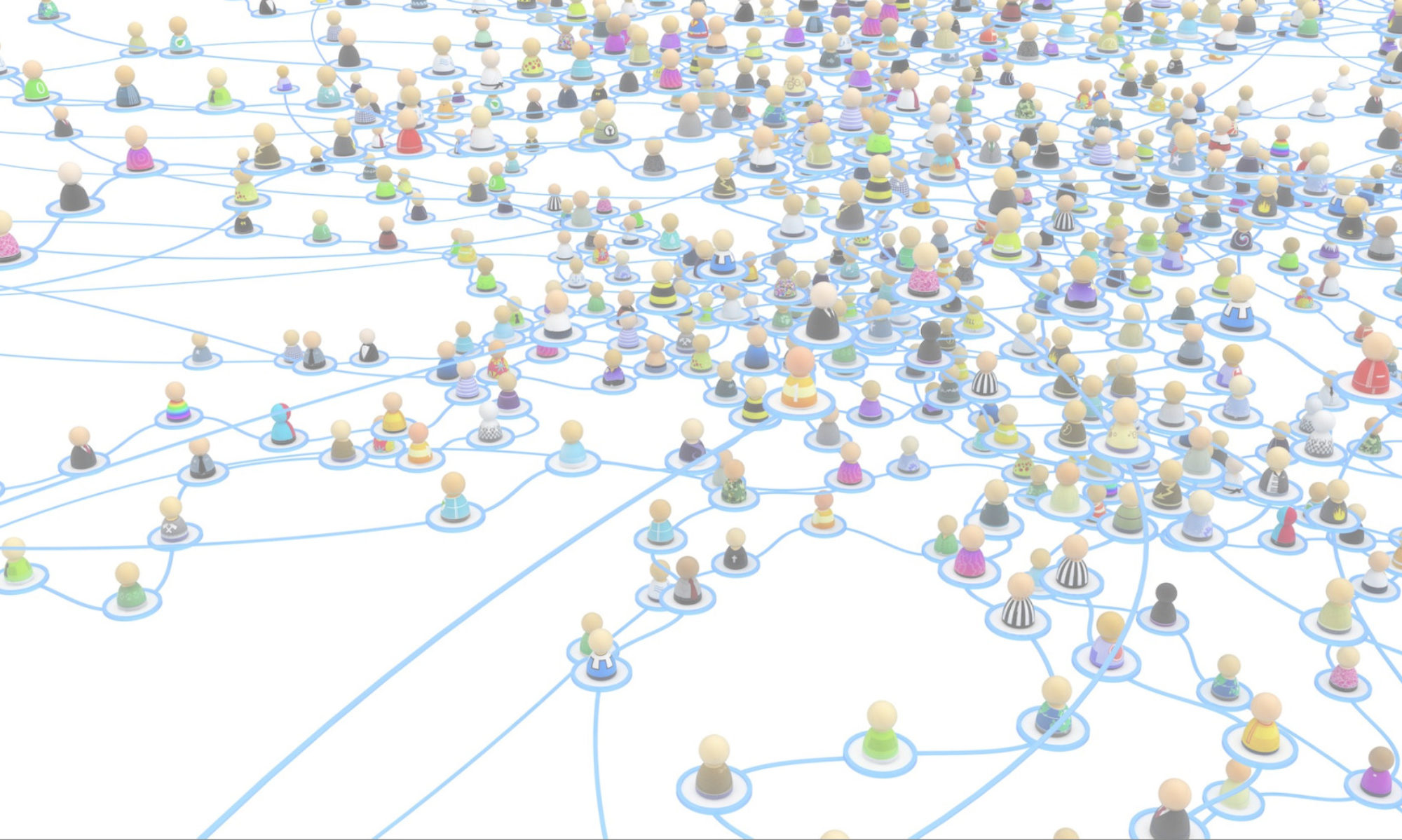Update: 11 Feb '22 Our Decentralized Identity of Things submission to the Microsoft Decentralized Identity Hackathon has won the hackathon.
It has been sometime since I have entered a hackathon so it was awesome to enter once again, but also as part of a team. My previous hackathons have been individual efforts. The hackathon was another Microsoft sponsored one, this time on Decentralized Identity. Working with new colleagues from across the globe myself, Brandon Nolan, Elias Ekonomou, Christian Chung-Tak-Man, Farzan Akhtar and Justin Botticelli submitted an entry based on Decentralized Identity of Things.
Our Decentralized Identity of Things submission is based on the concept of ‘things’ having verifiable credentials.
For foods a ‘verifiable credential’ could detail its certified ingredients and specific information pertinent to those with specific dietary or allergen requirements. With produce the providence of them maybe important for items such as Feta or Champagne.
Finally for medicines it could go further with solutions that take verifiable credentials from a patient for each of their medications and anonymously provide a drug interaction checker for the specific combination of those medications.
Real World Scenario
The video for our submission illustrates a real world scenario for the estimated 32 million Americans with food allergies, including 5.6 million children under age 18.
Each year in the U.S., 200,000 people require emergency medical care for allergic reactions to food.
Furthermore, approximately 40 percent of children with food allergies are allergic to more than one food.
- shellfish: 8.2 million
- milk: 6.1 million
- peanut: 6.1 million
- tree nuts: 3.9 million
- egg: 2.6 million
- fin fish: 2.6 million
- wheat: 2.4 million
- soy: 1.9 million
- sesame: 0.7 million
Expanding globally food allergy cases have risen by as much as 50 percent in the past decade with a 700 percent rise in hospitalisations due to anaphylaxis. Globally, more than 250 million people suffer from a food allergy with more than 17 million people suffering from food allergies in Europe alone. It is estimated that over three percent of adults and up to six percent of children have a food allergy.
If foods had a certified ingredients verifiable credential we could have a service that provides confidence to the millions of people with food allergies and sensitivities without them needing to share personal information.
Decentralized Identity of Things VC Process Flow
If foods had a verifiable credential what would the information flow look like? How could such a service anonymously provide the necessary allergen information sought by allergen sufferers?
This is our concept of the interaction of an Online Food Store with an Allergen Check service utilising Azure AD Verifiable Credentials.

Decentralized Identity of Things Solution
For our implementation of Decentralized Identity of Things I wrote the front end simulating an online store. Products in the store had the ability to verify using verifiable credentials their certified ingredients and any allergens or sensitivities.

In a real world scenario we anticipate a software based wallet for Decentralized Identity of Things. That would allow automation of online stores to obtain verifiable credentials programmatically.

Summary
It was a great experience working with a globally distributed team on a hackathon over a very short period. I’m very proud of what we built and how well we worked together to achieve it. Fingers crossed the judges also like our submission.


